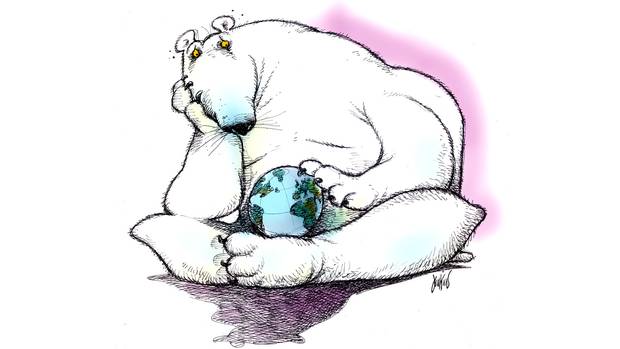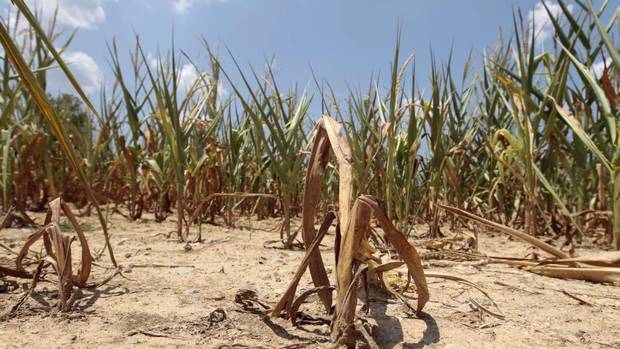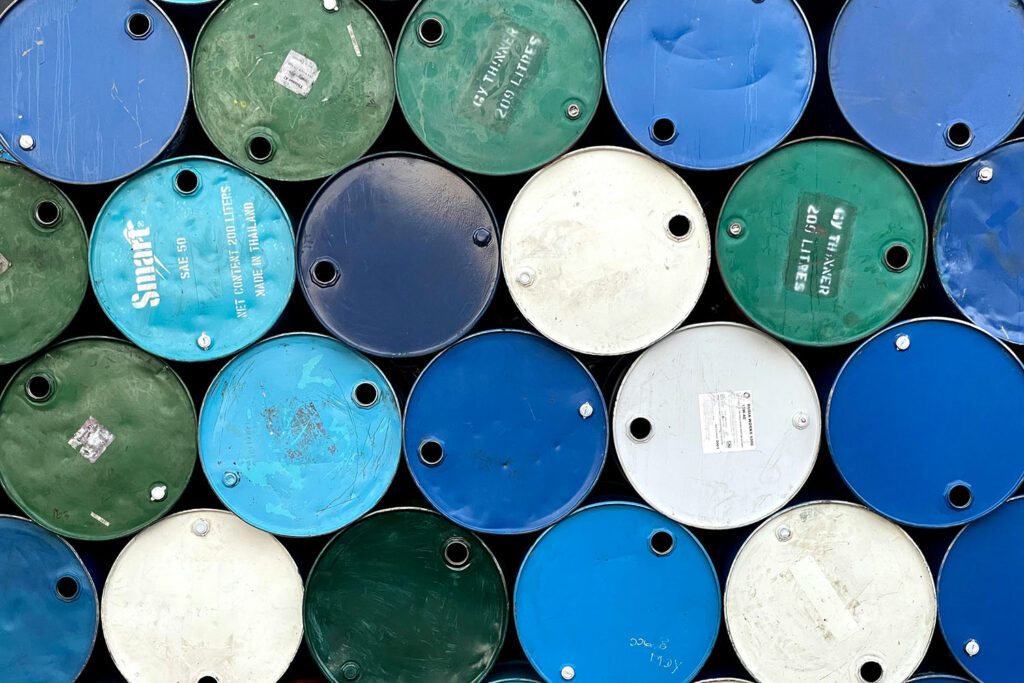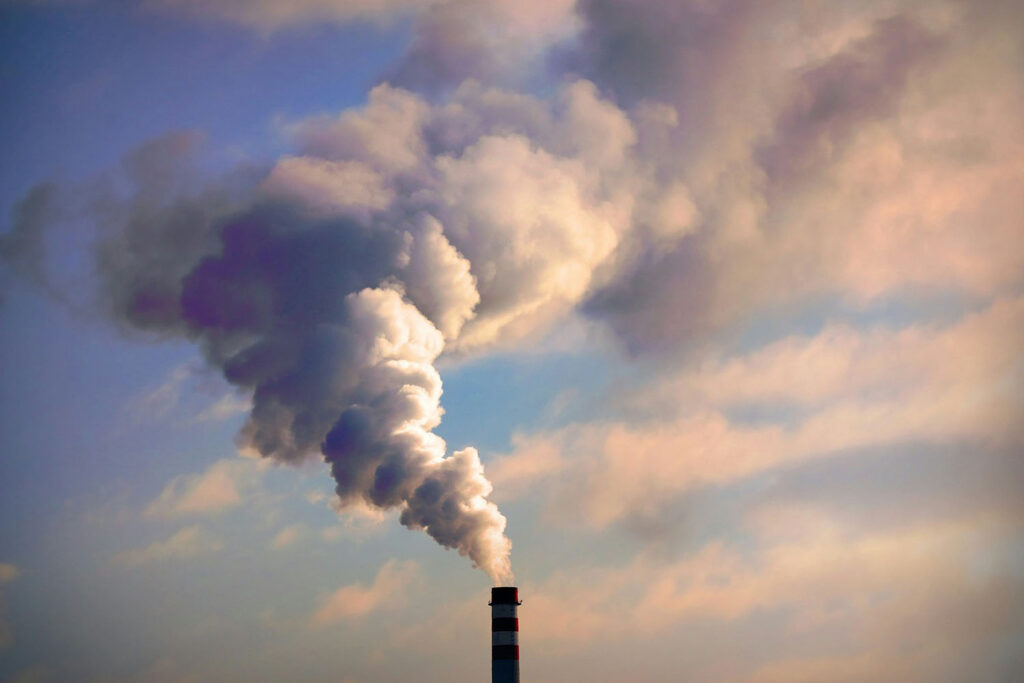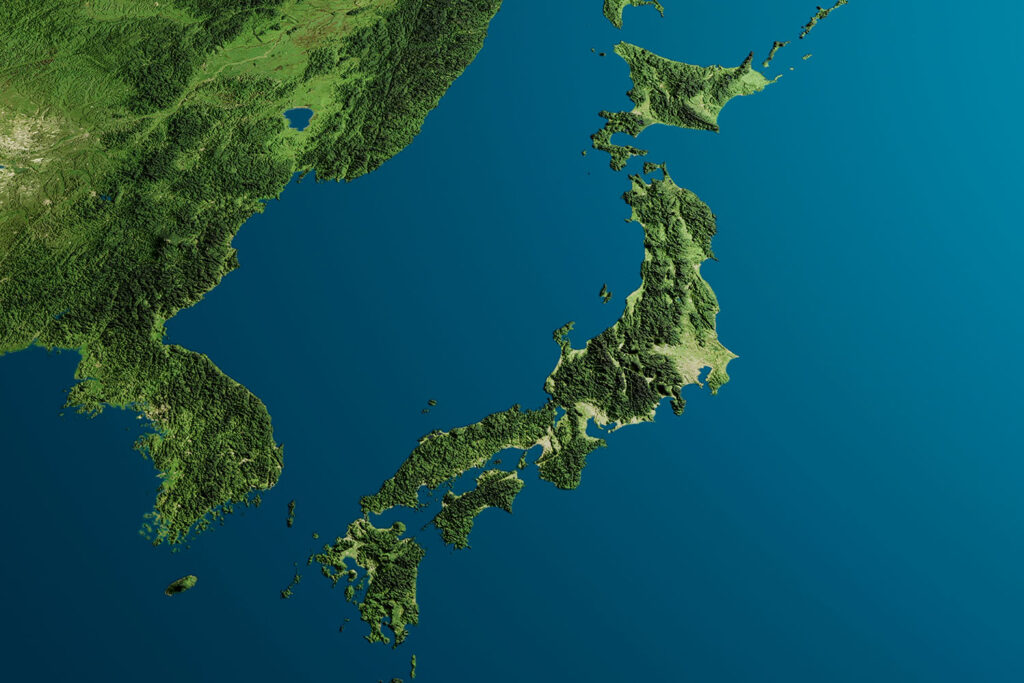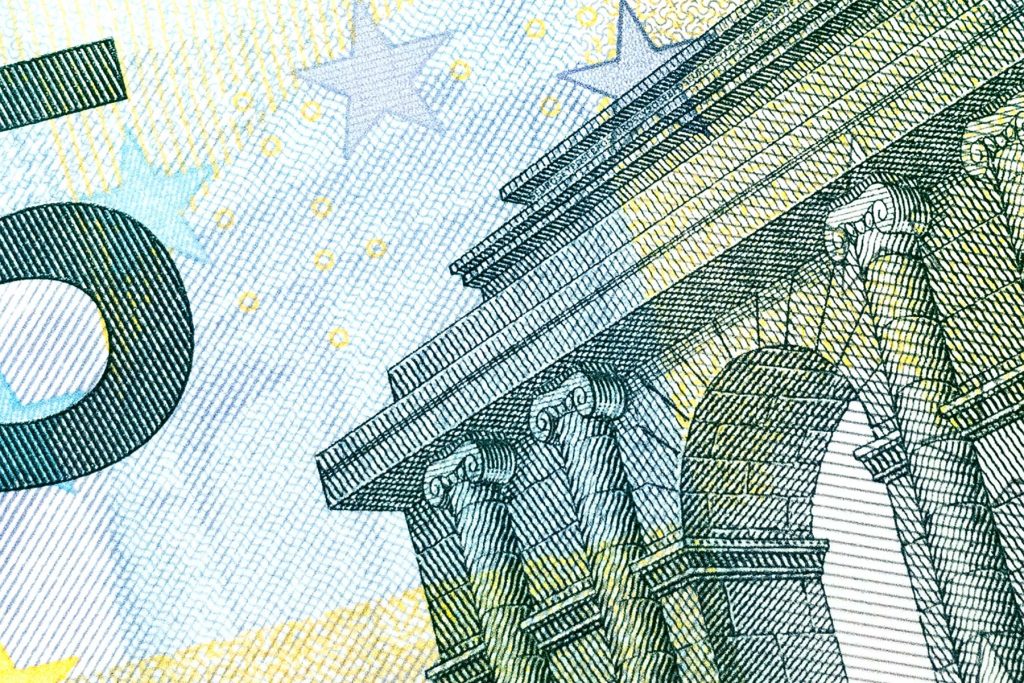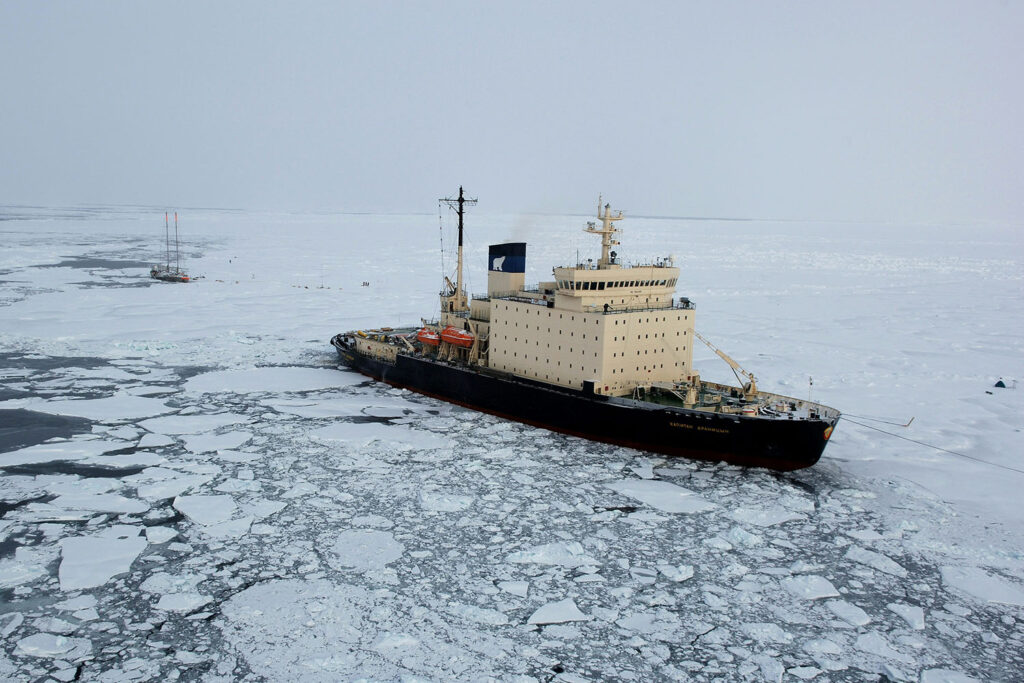Ice, Please – Climate on the Rocks
Any day now, the expanse of sea ice in the Arctic will reach its lowest extent for the year. The round-the-clock summer days have gone, and the weather is turning sharply colder as the sun sinks below the horizon for longer periods each day.
